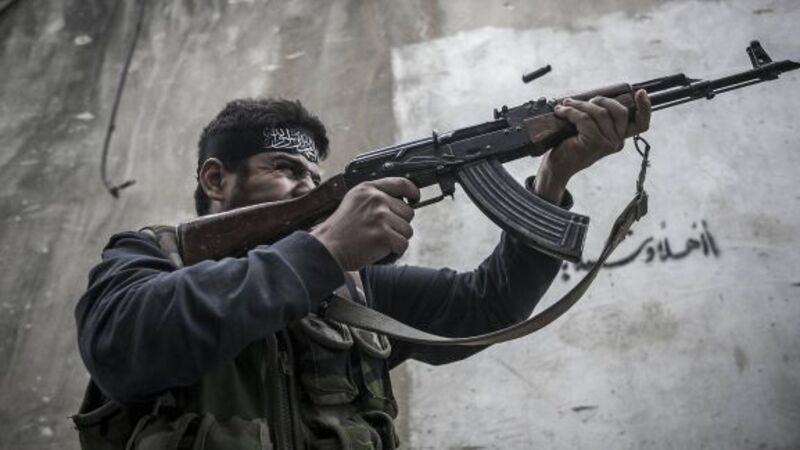Holding back the dogs of war

Writing to James Madison, he observed that the US constitution had at least checked “the dog of war” by transferring “the power of letting him loose from the executive to the legislative body, from those who are to spend to those who are to pay”.
At the same time, however, the US constitution designates the executive as the “commander in chief”, a power that presidents have invoked to use military force without congressional authorisation on more than 200 occasions. President Barack Obama relied on that power when he told both Congress and the people that he had the authority to order limited strikes on Syria without going to Congress.
















